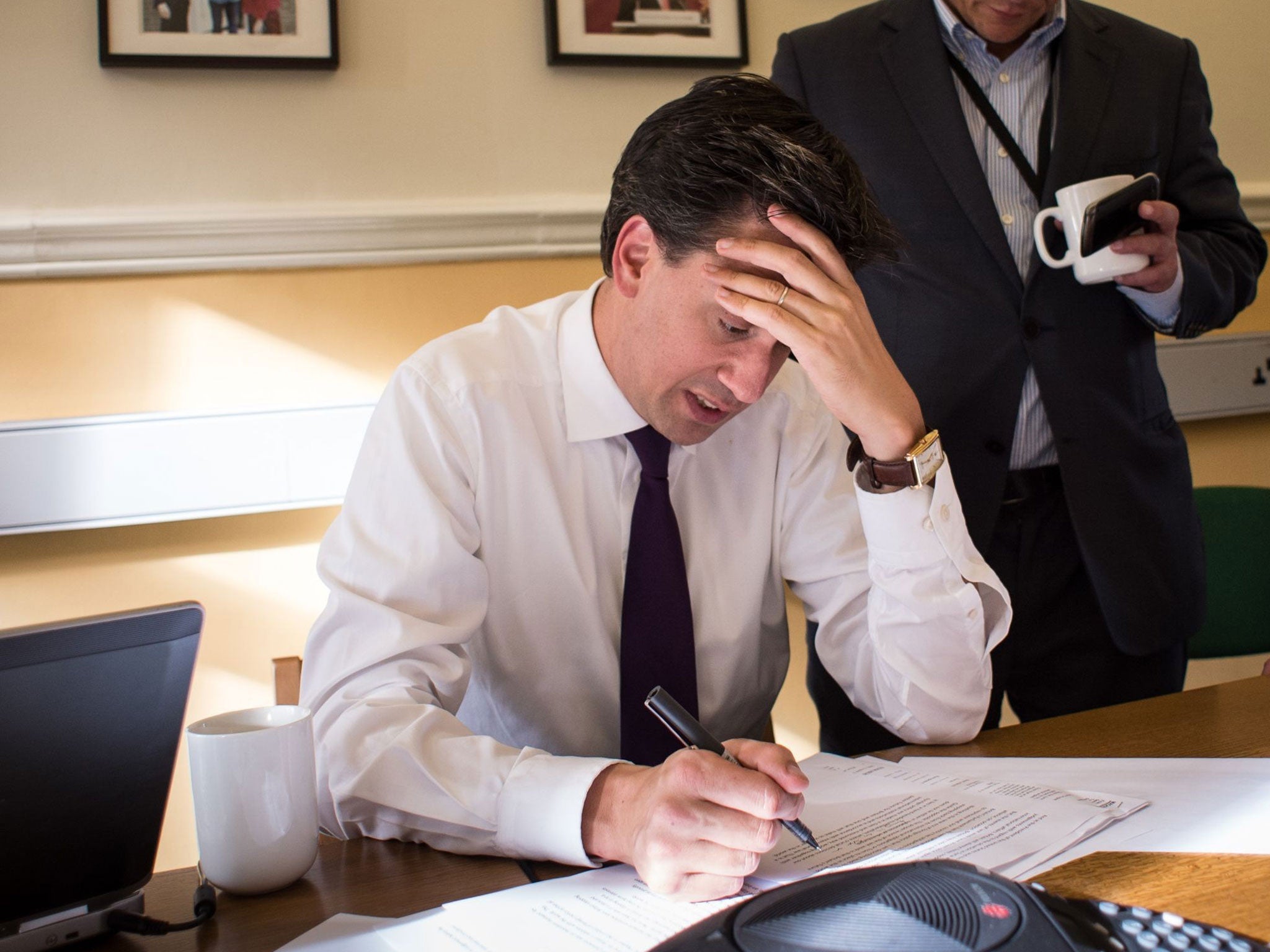Who profits from the economic recovery decides party fortunes
Inside Westminster: Tory and Labour strategists alike are convinced they are on to a winner on living standards. They can’t both be right.


“Mirror, mirror on the wall, who will deliver the fairest recovery of all?” It is the question being asked by politicians in all parties as the economy starts to grow, because they sense it will be the critical question for voters at the 2015 election.
In better economic times, we have had election bidding wars on tax cuts or public spending. Next time the parties’ offers will centre on “who benefits” from the recovery? They are frantically staking out the ground and the battle lines will emerge next week.
George Osborne will make a speech arguing that the fruits of recovery must benefit hard-working, low income families after the nine per cent fall in real wages since 2008, the biggest since records began in the 19th century. The Chancellor’s “we’re all in it together” mantra did not look too clever when he reduced the top rate of tax on earnings over £150,000 from 50p to 45p in the pound. But his slogan is back for the recovery.
Conservative ministers recognise their party has a huge challenge to convince struggling low income workers it is on their side. “We can’t just be about welfare cuts; we need some positive policies for those in low paid jobs ,” one admitted. “It can’t just be a recovery for those at the top.”
Ministers are much more cautious in public about proclaiming the return to growth than they are in private. Bizarrely, their public statements often contradict their own private bullishness. They know that ordinary people are not experiencing any “feelgood factor” and won’t be by 2015. So trumpeting the recovery would make the Tories look “out of touch,” making their Achilles heel even more painful – for them. Mr Osborne will speak about a “healing” economy that is “on the mend”. That also allows the Tories to say they need to “finish the job” — and not risk Labour messing it up (again).
The Downing Street Policy Unit, headed by Jo Johnson, the brother of Boris, is alive to the problem. “We need a big policy to fill our vacuum on low pay,” one minister admitted. The Policy Unit is looking at raising the £6.19 an hour national minimum wage, which has run out of steam after falling behind inflation in recent years. Ideas include a one-off hike; allowing the Low Pay Commission to publish plans to raise it over the next few years; rewarding firms who pay a higher rate with lower national insurance payments or forcing companies with a certain profits level to pay an enhanced minimum wage. The Treasury, which is said to be “having kittens” about Number 10’s work, will veto the “profits plan” as “unworkable and anti-aspiration”. Business groups are nervous too. They want the focus to be on improving skills and are worried that a higher wages floor would cost jobs. Tory supporters of boosting the minimum wage hope to persuade at least one business organisation to back the idea, which might be a game-changer. Think tanks are beavering away on detailed proposals. “It's crucial that, in future, economic growth benefits everybody in society, especially those on low incomes,” said David Skelton, director of Renewal, a new campaign trying to widen the Conservatives’ appeal. “The Government should consider ways to increase the minimum wage, whilst reforming employers' taxes to make sure that any effect on job creation is minimised.“
Labour and the Liberal Democrats are considering how to encourage more employers to pay the living wage, worth £7.45 an hour and £8.55 in London. It has helped about 45,000 workers to date. But the Resolution Foundation, which has led the calls for measures to boost low incomes, reckons that 4.8 million people now earn less than the living wage – up from 3.4 million in 2009.
Renewed growth has forced Labour to change its tune. It can no longer bang on about the Coalition’s failed economic policy, although it will talk about “three wasted years.” Yet Labour leaders are convinced the “living standards crisis” will be their trump card in 2015. Ed Miliband, who was quick to identify the “squeezed middle” problem, needs to reclaim ownership as the other parties try to catch up. He is expected to focus on living standards in his speech on Tuesday to the TUC conference, where fair pay will be a big issue.
Both the Tories and Labour have a problem. David Cameron could grab a headline with a 2015 manifesto pledge to boost the minimum wage, but after five years of austerity on public spending and wages, the low paid will take some convincing that he is their champion. Yet there is no guarantee Labour will benefit from the issue. The wages squeeze started before 2010 and many voters still blame Labour for the nation’s current woes. I suspect Labour will not profit much from the living standards crisis unless it tackles its own “economic trust crisis”.
Tory and Labour strategists alike are convinced they are on to a winner on living standards. They can’t both be right. The voters will decide this critical contest in 2015.

Join our commenting forum
Join thought-provoking conversations, follow other Independent readers and see their replies